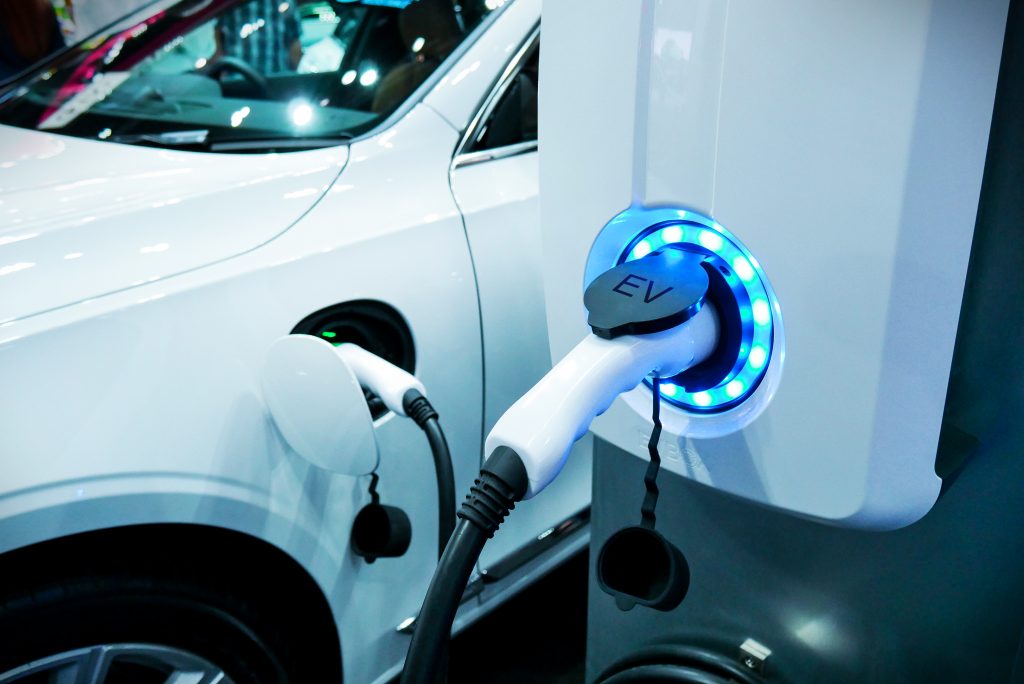The cost of charging an electric vehicle (EV) the quickest way dropped in February as petrol prices continued to rise, a report finds.
Off-peak rates for ultra-rapid charging (the quickest option) dropped by 2p per kilowatt-hour, meaning an electric vehicle (EV) is 1.2p per mile cheaper to recharge than it is to refuel at the pump.
Drivers who use a battery-powered car spend 12.58p per mile to charge up their vehicle the quickest way at off-peak times, compared to 14.38p per mile when charging at peak times.
To fill up your EV to 80% during off-peak hours – generally between 12am and 7am – it will cost £22.40, and £25.60 at peak times.
However, for the equivalent amount at the pump, this will set you back over £20 more at £46.28, according to The AA EV Recharge Report for February.
Ultra-rapid charging prices drop while flat rates remain
It follows the price of petrol rising again, this time by almost 5p from 139.80p per litre to 144.63p per litre.
Elsewhere, the price of the slower flat and variable EV charging rates largely stayed the same ahead of an estimated 18 million drivers travelling on the roads this Easter.
Despite three months of a petrol price reprieve for motorists leading to January, the cost to fill up a fuel or diesel vehicle sped up again last month.
This was attributed to conflict overseas and decisions by the UK to stockpile fuel, leading to a surge in barrel costs.
‘More money for EV drivers to spend on tourism’
Jack Cousens, head of roads policy for the AA, says that with millions of EV drivers heading out for Easter, there will be a positive knock-on effect with “more money in the pockets of holiday travellers to spend on tourism.”
Cousens said: “This helps to justify expenditure on EV charging infrastructure at tourist destinations. Higher pump prices will siphon off more holidaymaker cash this Easter.
“With more charging points installed each month, and at a wider variety of locations, the tipping point to EVs is approaching faster than people realise.”
As petrol prices surge again, Cousens predicts the difference between EVs and fuel costs “could expand further if the electricity prices continue to drop across 2024.”
“Households in the market for an EV are looking at the costs and seeing that there are savings to be made, especially if they can get a good deal from the manufacturer”, he added.





